The Complete Guide to C# & Unity Programming - Build an RPG
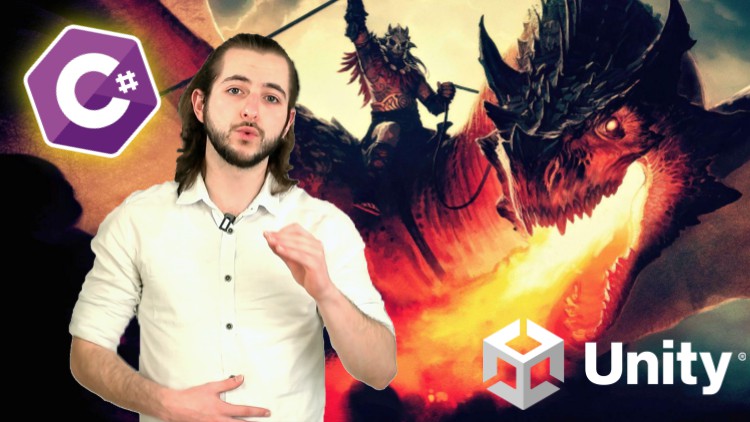
Why take this course?
Based on the outline you've provided, it seems you're planning a comprehensive Unity and C# game development course that covers a wide range of topics from setting up the development environment to creating an advanced battle system. Here's a breakdown of what each section entails and what you will learn:
-
Introduction to Game Development with Unity & C#: You'll start by understanding how to set up your development environment using Visual Studio alongside Unity, which is a powerful game engine.
-
Creating Your First Game: This section will likely cover the basics of creating a simple game object, handling player input, and getting familiar with the Unity interface.
-
Physics in Unity: You'll learn about physical interactions within the game world, such as gravity and forces applied to objects.
-
Game Object Interactions: This will delve into how different game objects can interact with each other, including collision detection and response.
-
Sprites & Sprite Sheets: Here you'll learn how to import and utilize sprite sheets in your game, which are used for character animations and visual elements.
-
Creating Levels: This will teach you how to design levels using tile assets, which are the building blocks of your game's environment.
-
Basic Game Mechanics (Inventory System): You'll create an inventory system that allows players to pick up, hold, and use items within the game.
-
Advanced Game Mechanics (Shops & Money Systems): This section will introduce a monetary system and shop functionality for buying and selling items.
-
Intermediate C# Skills: As you implement more complex systems like shops and inventory, your C# skills will grow to handle lists, conditional logic, and data persistence.
-
Advanced Game Mechanics (Questing System): You'll add quests and objectives for the player to complete, which adds depth and replayability to your game.
-
Persistence (Save & Load): This critical part of game development ensures that player progress is saved and can be resumed later, using sophisticated data management techniques.
-
Audio Integration: Adding sound effects (SFX) and music to enhance the gaming experience and make it more immersive.
-
Main Menu Creation: This will guide you through creating a main menu that allows players to start new games or continue existing ones.
-
Setting Up Battle System: The groundwork for your game's battle system is laid here, with an understanding of the complexities involved in creating interactive combat scenarios.
-
Enemy Attack System: You'll program enemies to attack the player, handle damage, and provide visual feedback for combat actions.
-
Player Attack System: This section will focus on implementing the player's ability to fight back, including melee attacks, magic usage, and item use during battles.
-
Battle System & Game Ending: The culmination of your battle system development, including handling combat outcomes, rewards, penalties, and creating a boss fight to test all the systems you've built.
Throughout this course, you will not only learn Unity's interface and C# programming but also develop problem-solving skills that are essential for game development. Each step is designed to build upon the previous one, culminating in a fully functional RPG with a robust combat system. This course promises to take you from a beginner to a proficient game developer capable of handling complex game mechanics and systems.
Course Gallery
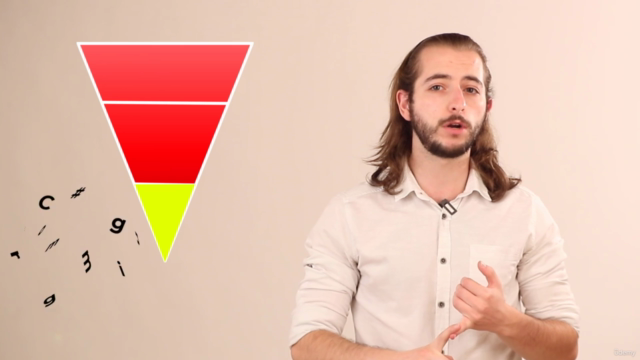
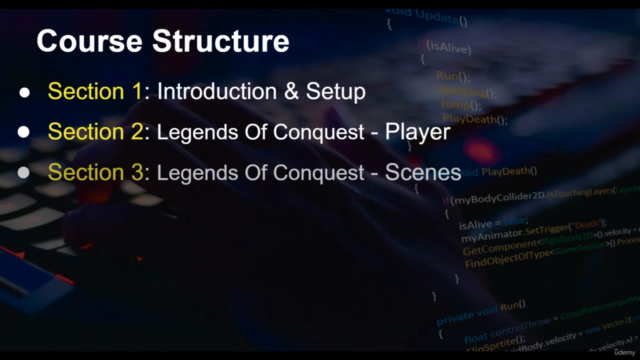
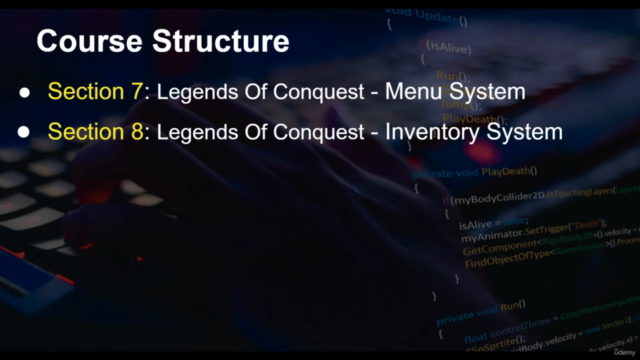
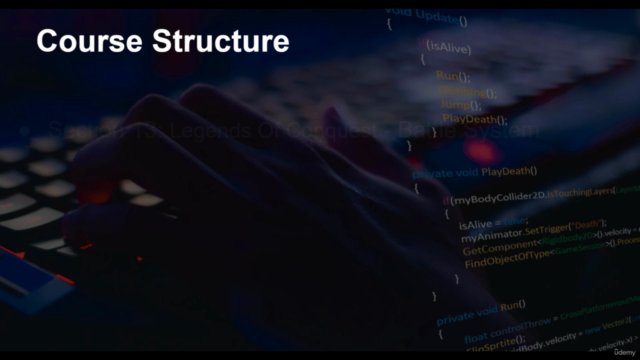
Loading charts...